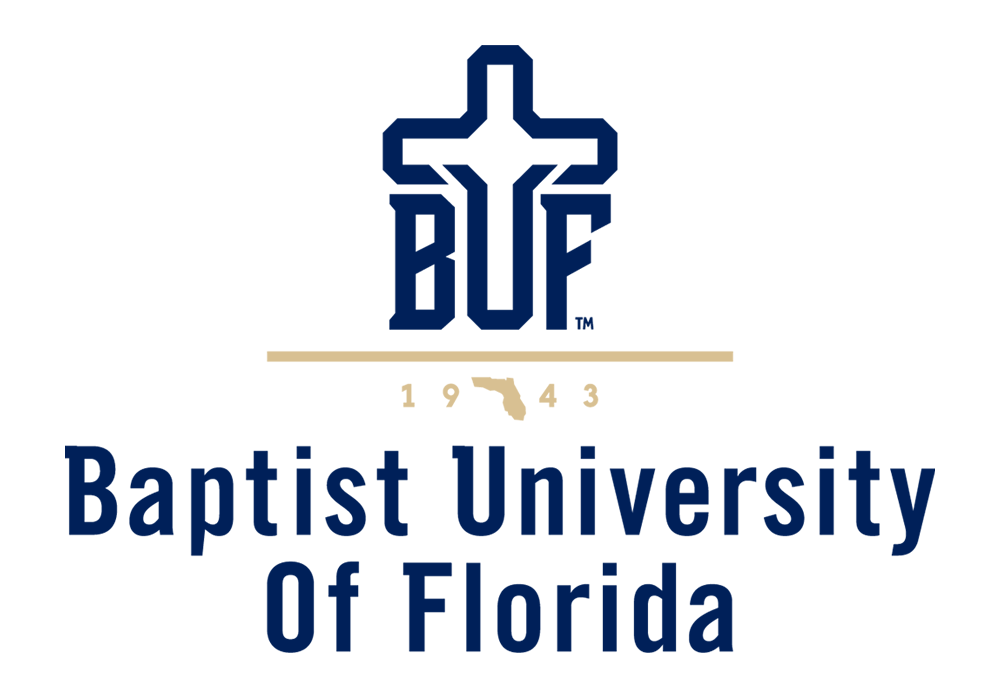Passion in Our Play (Part 5)
By Nate Hartman
August 23, 2010Jimmy Morris is an old man, as baseball players are concerned; he’s a high school science teacher and baseball coach, married father of three, and long has given up on his dream of playing in the major leagues. However, after making a deal with his team and throwing a 98-mph fastball at a tryout, he signs a minor-league contract and begins anew the pursuit of his boyhood dream. Enthusiasm and hope are soon dulled, though, by grueling road trips, harsh critics, and the weight of self-doubt. Morris, mired in emptiness and frustration, hears his own story on the television, then his own voice in an interview.
This game has been the true love of my life, other than my wife, Lorri, since I was a little boy. I had a dream, as a little boy, of playing professional baseball. I used to pitch and imagine myself, you know, like every other kid in this country, being in the World Series, pitching in the seventh game, ninth inning, big-league ballpark. There’s drama in it; there’s suspense; there’s a camaraderie with the other players, the fans in the stadium. You add that to it, it’s a great game.
Out for a walk that night, Morris is drawn by the lights of a ballfield; he strolls to the outfield fence and gazes out over the field, as young boys run out to take their positions. A boy in left field, making eye contact with Morris, smile and waves; and, as Morris returns the gesture, a renewed gleam gathers in his eye. The next day Morris walks into the locker room, bearing an eager smile, anxious to see his teammates; stopping beside his closest friend, he says, “You know what we get to do today, Brooks? We get to play baseball.”
Having rediscovered his passion for the game, Morris proves to be a man among boys, pitches brilliantly, get his shot at the major leagues. Sure, it’s a storybook ending, but it’s not a fairy tale; the story is true. The Rookie is a movie based on the experience of the real-life Jimmy Morris, portrayed by Dennis Quaid in the film. Strikingly, Morris’ achievements are not fueled only by the desire to achieve individual greatness, nor does the film suggest that the old ballplayer attained his dream by the sheer inspirational boost of reconnecting with his childhood love for baseball. Morris’ passion for play is teamed with an appreciation for his giftedness and the opportunity presented to him, as well as a deep commitment to his son.
Morris and his wife, Lorrie, discuss heatedly one evening whether Jimmy should return to play minor-league baseball; after the conflict, Lorrie retreats to her son’s room. She watches Hunter sleep, gazes at the posters of ballplayers that adorn his bedroom walls, and recognizes how intensely he admires his father. She returns to Jimmy, who is seated on the porch, fixed in contemplation.
JIMMY: I’ve been thinking.
LORRI: So have I. I think you should do this.
JIMMY: No, you were right.
LORRI: No, I don’t think so. We’ve got an eight-year-old boy inside this house who waited all day in the sun and rain to see his daddy try to do something that nobody believed he could do. Now what are we telling him if you don’t try now?
What I’m suggesting is that excellence is the natural fruit of a tree borne from the seeds of passion, stewardship, and selflessness. We must guard against the temptation to equate excellence with winning, as our championship-frenzied society often assumes that anything great will finish first, will rise above the rest. We also must guard against the notion that athletic excellence is worthy of greater glory and honor than achievement in other pursuits. I dare you to spend an hour listening to Andrew Peterson’s artistic album Love and Thunder, or to meander the majestic acres of Brookgreen Gardens in Pawley’s Island, South Carolina, or to journey through Narnia with the characters enlivened by C.S. Lewis – and then to even hint that excellence cannot be composed, sculpted, planted, or scripted as gloriously as it can be played out in sport.
The challenge for all of us, then, is this: that we do not allow excellence in athletics to be either unjustly idolized or ignored. Administrators, students, teachers, parents, coaches, board members, fans, alumni – this charge is issued to us all. Our master has assembled us, his servants, and entrusted this arena of athletics to us. He demands that we put aside all distractions and excuses that restrict us from gaining a good return from our work, and he longs to call out to us at the end of our labor, “Well done, good and faithful servant! You have been faithful with a few things; I will put you in charge of many things. Come an share in your master’s happiness” (Matthew 25:21). Let us, as competitors and companions, join in making that victory our prized goal.
-------
Nate Hartman is the director of the National Christian School Athletic Association, located in Beaver Falls, PA. His years of involvement as a student, athlete, teacher, coach, and athletic director at Christian schools have made him passionate about athletics that "declares the praises of Him who called you out of darkness and into HIs marvelous light" (1 Peter 2:9).
This is Part 5 of a five-part series entitled "Passion in Our Play, which has been published on the NCSAA web site throughout the past week.
-------
Republished from Passion in Play (September/October 2003) - Copyright © 2003 NCSAA



